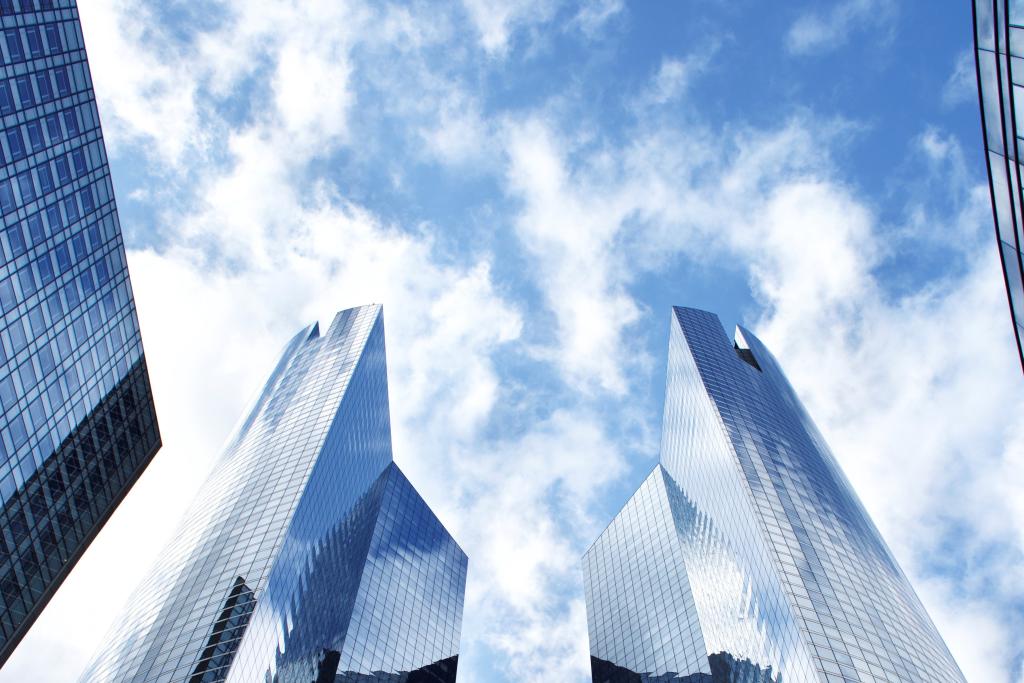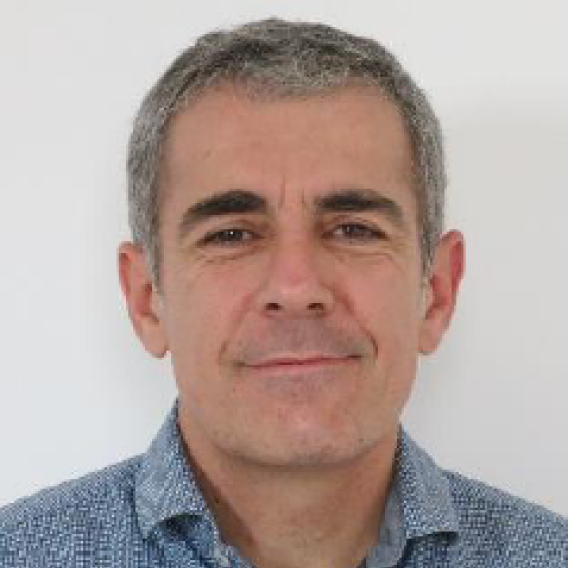08.07.2021
Tertiary buildings: after the BACS decree, the rise of Building Management Systems (BMS)

What are the objectives of the BACS decree published in July 2020?
The BACS decree, published last summer, transposes into French law the 2013 European directive on the energy performance of buildings. It aims to improve France's environmental performance, particularly in the tertiary sector. The stakes are high, since the residential and commercial building sector has been the second largest emitter of greenhouse gases in France since 2009 (20% of national emissions), behind the transport sector (30%).
In concrete terms, this decree requires managers of tertiary buildings of more than 5,000 m² to install BMS systems by 1 January 2025. For new buildings, this obligation will apply to building permits submitted from 21 July 2021. These changes are therefore being prepared today.
The aim is to reduce the energy consumption of buildings, to reduce the costs associated with energy bills and to reduce the carbon footprint of buildings. The aim is to reduce energy consumption by 25% in tertiary buildings with a heating or cooling capacity of more than 290 kW: offices, shopping centres, factories, etc. By installing a BMS system, a building can expect to save 15 to 23 K € on a 100 K € bill. Progress has already been made in this direction, since a 1960 building consumes an average of €15 per m², compared with €8 for a building built in the 2000s and €4 today. But it was necessary to go further and that is the whole objective of the decree.
What future for building automation?

“ "The BACS (Building Automation Control System) Decree, the Tertiary Decree, the "France Relance" plan... everything seems to contribute to the development of Building Automation Solutions (BAM), also known as "building automation solutions". This neologism, which combines the words "real estate" and "IT", describes the objective of these innovative solutions: to use digital technology to intelligently manage buildings (smart building) in order to optimise their energy consumption." ”
What is a BMS system?
It is a computerised device that allows remote control of all the equipment in a building, such as energy metering, management of thermal, cooling or lighting installations, lifts, etc. This solution consists of detection and action sensors connected to programmed electronic cards contained in metal cabinets, which are themselves connected by Ethernet cables to a vision station that controls the installations. It is the building manager who manages this platform after having been trained in the solution.
This BMS computer system measures specific data, sets the parameters of the installations and records energy consumption. An alarm system warns of energy drift, breakdowns or malfunctions.
What are the keys to the development of building automation solutions?
The growth of the BMS market has already been notable for several years[1]. But a much stronger increase is already anticipated in 2021 and in the years to come, with the progressive application of the two decrees BACS and Tertiary. The latter, which came into force in October 2019, obliges owners of tertiary buildings of more than 1,000 m2 to achieve energy savings of 40% by 2030. In addition, the recovery plan adopted last September allocated 4 billion euros to the energy renovation of public tertiary buildings (particularly schools and universities). This aid directly concerns the renovation of buildings, but also the equipment used to control and regulate energy consumption, i.e. building management systems.
To achieve the ambitious objectives set by the Tertiary Decree, the BACS Decree and the recovery plan, it is first necessary to implement new, more efficient solutions, by integrating them into the existing systems and therefore without making a clean sweep of the existing systems. It is also necessary to support the owners of tertiary buildings who are looking for accessible, easy-to-use and sustainable solutions. EQUANS France strives to meet this dual challenge by intervening in the entire system (analysis, audit and advice, installation-integration, team training, operation and maintenance). The Vertuoz and Predity solutions, which offer multi-fluid and multi-site energy monitoring and analysis, work just as well on the towers of La Défense as in hospitals, hotel complexes and data centres. Whatever the building, the objective is the same: to optimise the BMS to reduce GHG emissions and the energy bill of our clients.
